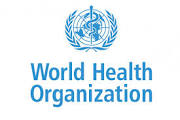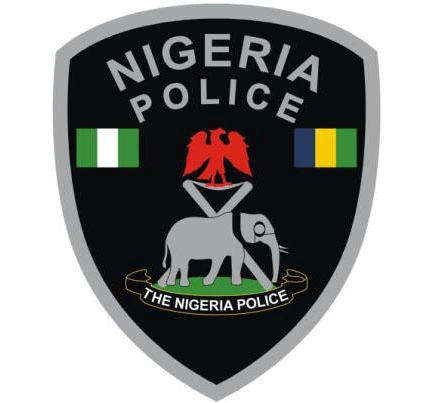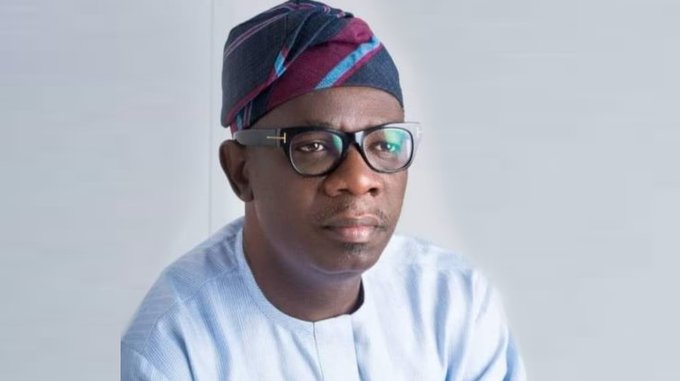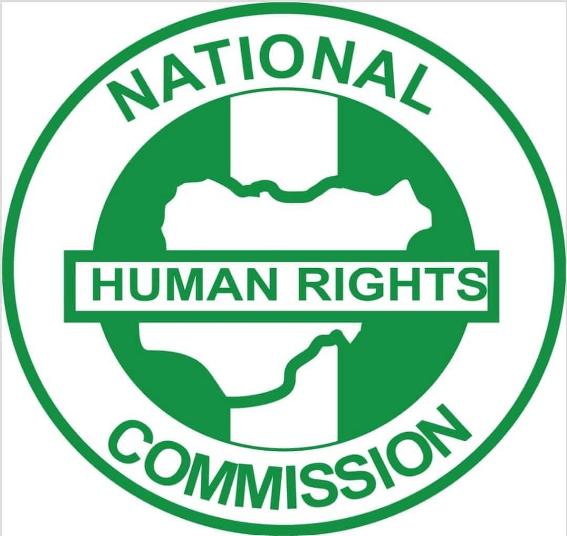The World Health Organisation (WHO) would convene an Emergency Committee on Friday to consider the international risks of an Ebola outbreak in the Democratic Republic of Congo, WHO spokesman Christian Lindmeier said on Thursday.
The expert committee will decide whether to declare a “public health emergency of international concern”, which would trigger more international involvement, mobilising research and resources, Lindmeier said.
Earlier, Congo’s Health Minister, warned that the Ebola outbreak has entered “a new phase” after a case of the deadly virus was detected for the first time in the northwest city of Mbandaka, with a population of about one million people.
So far, the 23 deaths believed to have been caused by Democratic Republic of Congo’s latest Ebola outbreak had been detected in more isolated areas, giving authorities a better chance of ring-fencing the virus.
The first urban case to be announced threatens to change that.
The WHO, which on Wednesday deployed the first experimental vaccines in the vast central African country, had expressed concern about the disease reaching Mbandaka, which would make the outbreak far harder to tackle.
Adding to concerns is the city’s location on the banks of the Congo River, a major thoroughfare for trade and transport into the capital, Kinshasa.
The Congo Republic is on the other side of the river.
“We are entering a new phase of the Ebola outbreak that is now affecting three health zones, including an urban health zone,” Health Minister Oly Ilunga Kalenga said in a statement.
“Since the announcement of the alert in Mbandaka, our epidemiologists are working in the field to identify people who have been in contact with suspected cases.”
He said authorities would intensify population tracing at all air, river and road routes out of the city.
It is the ninth time Ebola has been recorded in Congo since the disease made its first known appearance near its northern Ebola river in the 1970s.
Ebola is most feared for the internal and external bleeding it can cause in victims owing to damage done to blood vessels.
Before Wednesday’s announcement, there had been only two cases of the virus confirmed by lab tests.
The first batch of over 4,000 Ebola vaccines was sent by the WHO to Kinshasa on Wednesday.
The health ministry said vaccinations would start by early next week, the first time the vaccine would come into use since it was developed two years ago.
The vaccine, developed by Merck and Co Inc, is still not licensed but proved effective during limited trials in West Africa in the biggest-ever outbreak of Ebola, which killed 11,300 people in Guinea, Liberia and Sierra Leone from 2014 to 2016.
(NAN)











